Coronavirus
Indian athletes should learn sports are unimportant during an uncontrolled pandemic
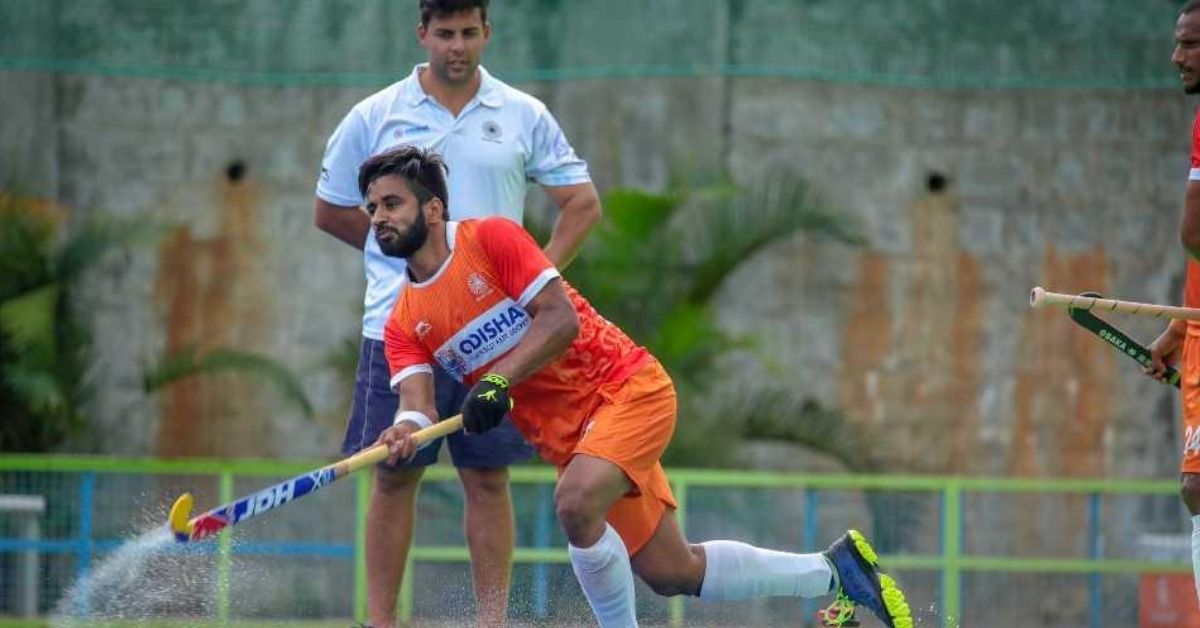
The COVID-19 pandemic brought the global world of sports to a staggering halt. In unprecedented fashion and with few exceptions, professional leagues, mass participation endurance events, and youth sport around the globe went silent. In the face of a rapidly evolving health crisis, the decision to cancel or postpone sporting events was a logical and necessary step.
COVID-19 is a highly contagious, potentially fatal virus that is transmitted primarily through contact with aerosolised or surface-dwelling respiratory secretions, a process that requires close human contact. Competitive sport as we know it, from athletes ‘elbowing’ one another for position on the pitch to arenas packed with fans, may be the quintessential antithesis of social distancing. There is concern that the Champions League match between Atalanta and Valencia in Milan may have influenced the trajectory of COVID-19 cases in Europe. In the absence of a vaccination or curative intervention, physical distancing emerged as the key step to slow or stop the spread of COVID-19. Thus, the decision to turn off the lights and to silence competitive athletics represented a logical, essential and highly visible component in the global fight against COVID-19.
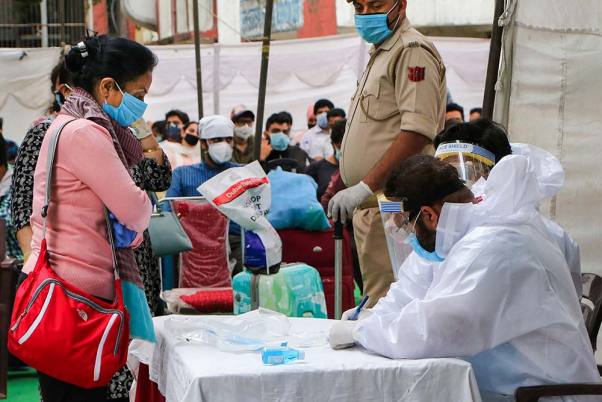 Medics conduct a health check-up for passengers who have arrived at Jammu Railway Station following the resumption of passenger train services by Indian Railways connecting major cities, during the ongoing COVID-19 nationwide lockdown, in Jammu.(Source: PTI Photo)
Medics conduct a health check-up for passengers who have arrived at Jammu Railway Station following the resumption of passenger train services by Indian Railways connecting major cities, during the ongoing COVID-19 nationwide lockdown, in Jammu.(Source: PTI Photo)
Record of rising cases
The coronavirus pandemic chalked up another horrific milestone on Friday as the world surpassed 2.06 crore recorded cases of infection from the tiny killer that has upended life just about everywhere. The number as of 11:30 AM IST was 2,06,24,316 cases, with 7,49,421 deaths recorded.
In yet another staggering landmark, the deaths are expected to surpass 750,000 in a matter of days as the global health crisis that began late last year in China rages on.
The Covid-19 tally in India crossed the 2.4 million mark after 65,553 fresh cases were registered within a span of 24 hours. On Friday, the overall tally rose to 2,461,190 while the death toll stood at 48,040.
The numbers clearly suggest that the pandemic has mostly been uncontrolled across the world, with a cure yet to be discovered. And in these uncertain times, where normalcy of life seems to be a luxury, why is there a rushing into sports despite knowing there is a high chance of being diagnosed with the virus?
Indian athletes in foreign sojourn
While competitive sports have not resumed yet on Indian soil, our players are hastily participating in tournaments outside the country and often in places where the outbreak of the virus is quite severe. Indian golfers, Anirban Lahiri and Arjun Atwal will play in the Wyndham Championships at the Sedgefield Country Club in the USA this week, which had great memories for every Indian golf player and fan. This is where Atwal won India’s first and only PGA Tour title. Whereas, 16-year-old Anika Varma became the first Indian golfer to tee off at the US Women’s Amateur Championship last week. Shubhankar Sharma took part in the English Championship last week, and has been actively taking part in European Tour in 2020 and starting with the Abu Dhabi Championship last month.
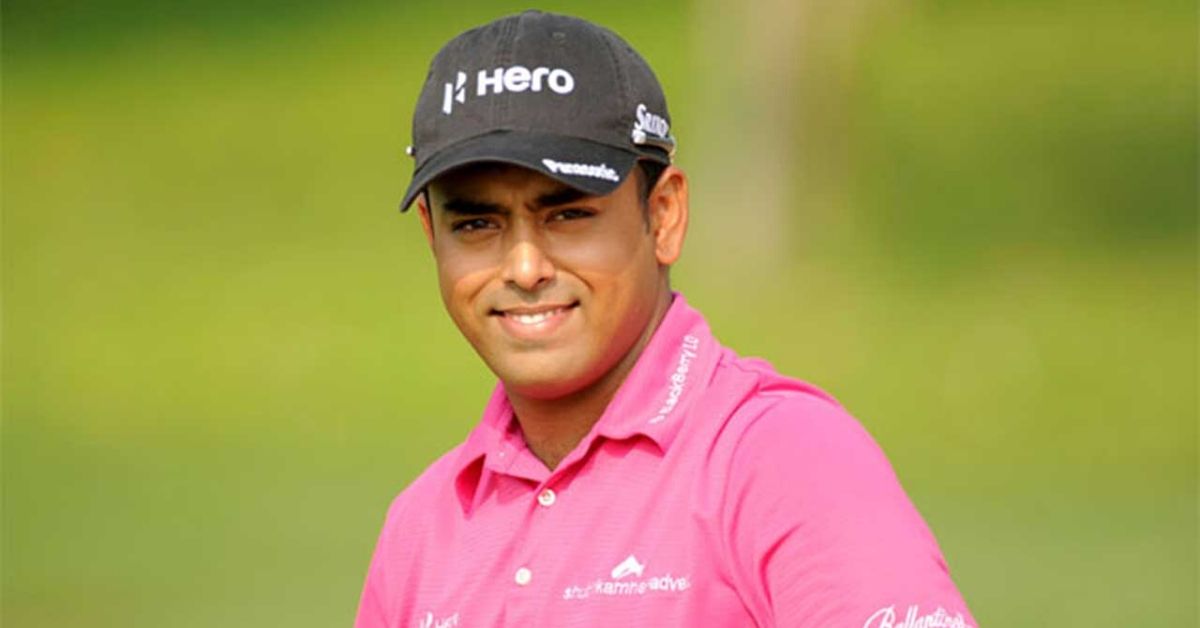 Golfer Anirban Lahiri (Source: Story Pick)
Golfer Anirban Lahiri (Source: Story Pick)
In a first for Indian women’s golf, three leading players of the country — Aditi Ashok, Diksha Dagar and Tvesa Malik — teed up at an LPGA event together, the Ladies Scottish Open. The Ladies Scottish Open, a premier event on the Ladies European Tour, has been co-sanctioned with the LPGA since 2017. All this have been happening even after knowing how Ace Indian golfer SSP Chawrasia was tested positive for Covid-19 and which spoiled his plans to compete on the European Tour. Chawrasia had started training at the Royal Calcutta Golf Course in Kolkata and was slated to fly to England last week.
Indian tennis player Sumit Nagal, ranked 127th in the world, got into the US Open main draw and is looking forward to play the tournament. Nagal, who trains at the Nensel academy in Germany, won the PSD Bank Nord Open, a locally organised clay court tournament in Pinneberg, last month. He is also looking to play a few Challenger matches in Prague before he heads to USA. He probably knows the concern is real. The US is the worst hit country by the pandemic, with over 4.7 million cases and more than 150,000 deaths. If the tournament does go ahead, travel to and from the country could be challenging. The US Open organisers thought they were going to pull off a bit of a coup by convincing the majority of the world’s top tennis players to come to New York, a city that was only a few months ago the most infected in the world, at the end of the summer. The reigning champion Rafael Nadal, as well as Roger Federer have given the tournament a pass siting health concerns. Tennis has been under the microscope ever since the ill-conceived Adria Tour, where Novak Djokovic led a group of professionals around Serbia and Croatia, where there was no coronavirus lockdown. Videos of the players hugging, playing basketball and partying in busy nightclubs were tin-eared to the global situation, and when a number of them tested positive for Covid-19 including Djokovic himself, the folly of the project was clear. Another Indian, Prajnesh Gunneswaran is not sure about his US Open plans. Though the 132nd ranked Indian might get a direct berth at the Grand Slam, Prajnesh has yet to decide if he will be travelling to New York where Covid-19 is far from being under control.
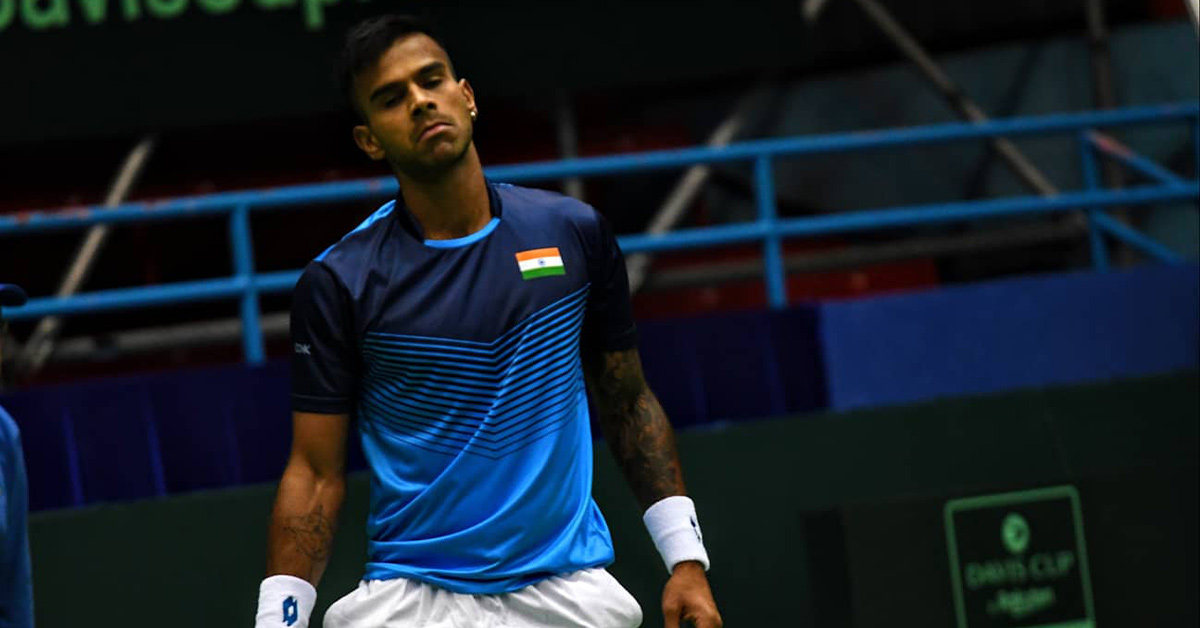 Sumit Nagal (Source: Sumit Nagal/Twitter)
Sumit Nagal (Source: Sumit Nagal/Twitter)
Chess player Pendyala Harikrishna took part in the Biel International Chess Festival, which concluded in Switzerland on last week, was the first major chess tournament amid the coronavirus crisis. Harikrishna won the titles in the classical and Chess960 events and finished runner-up overall, by just half-a-point. Whereas, unable to return to country due to travel restrictions, India’s young International Master Leon Luke Mendonca is making best use of his time finishing runner-up at the Paracin Open in Serbia. Mendonca has been playing in events and won the Balaton Chess festival in Budapest in June and finished second at the Paracin Open.
Taking note from situations back home
All this have been going during a grim situation in Sports Authority of India’s (SAI) Bengaluru campus. All 5 hockey players, including captain Manpreet Singh, Jaskaran Singh, Surender Kumar, Varun Kumar and Krishnan B Pathak have been tested positive for Covid-19. While they have been shifted to a Multi-speciality hospital for treatment, SAI has put a break on plans of starting the camp again and resuming training and practice for Tokyo Olympics in 2021 with other members of the team only focusing on their health not contracting the virus for the time being.
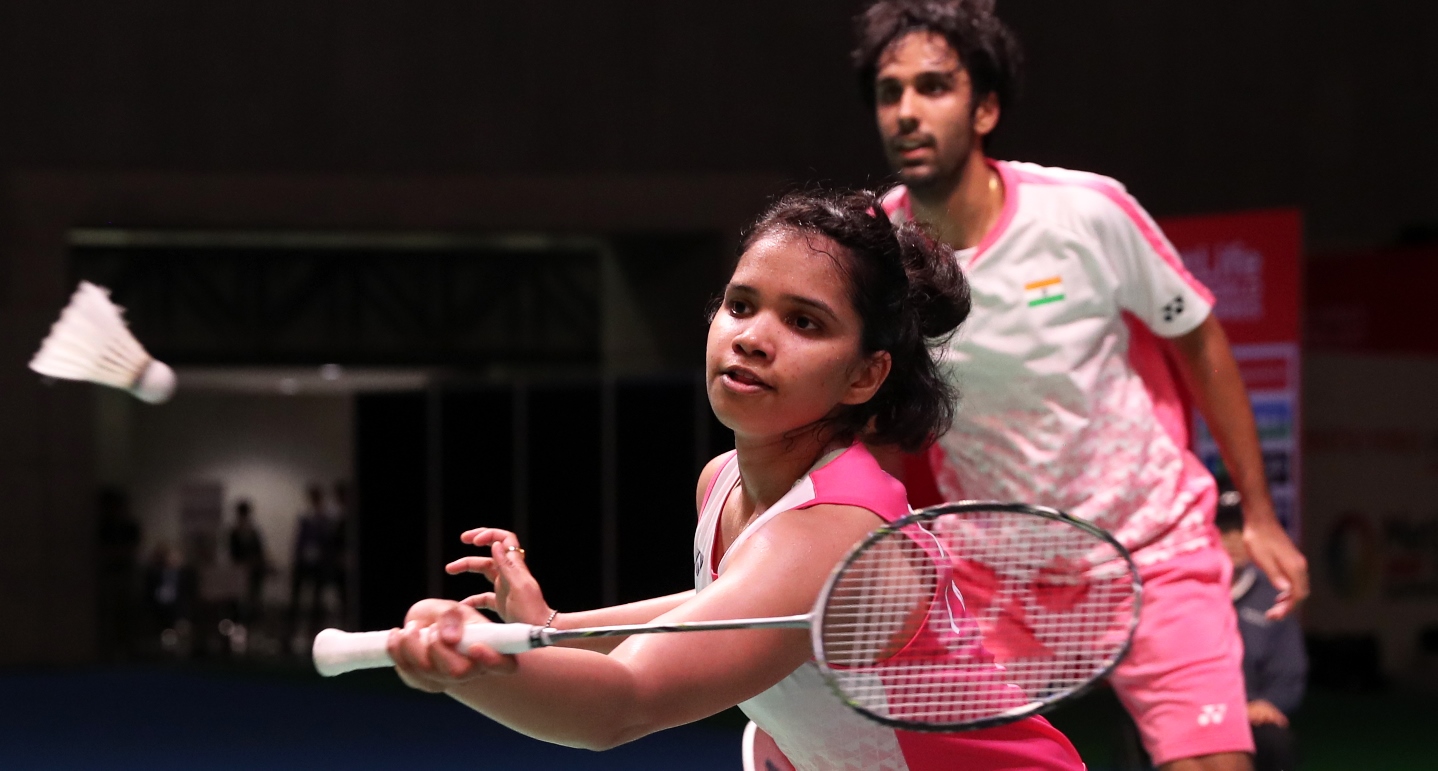 Shuttler N Sikki Reddy
Shuttler N Sikki Reddy
The novel coronavirus also hit the national badminton camp here as Tokyo Olympics hopeful Sikki Reddy and physio Kiran Challagundla tested positive on Thursday. The national camp, which began after a gap of three-and-half months on August 7, is facing an abrupt closure as many shuttlers including Sai Praneeth, Kidambi Srikanth and chief coach Pullela Gopichand came in contact with these two.
Safety first
Sports exert powerful influence over society and people. They can be medium to escape, to connect to other human beings, or to experience the profound emotion of watching world class athletes accomplish impossible feats. Sports are a powerful storytelling machine. But sports don’t matter in the grand scheme. And saying that doesn’t conflict with their power.
Right now, the most important narrative the sports world can tell is about its smallness in the face of a global crisis. Rather than trying to defy a pandemic, and put lives at risk, sports need to step back. Sports need to show that human life is more valuable than the money to be made. Sports can once again be a great place to tell human stories, rule people's heart but they must make sure those humans are foremost safe.
Also read: Improved timings crucial for a ‘befitting’ Olympics succes in women’s 4x400m

